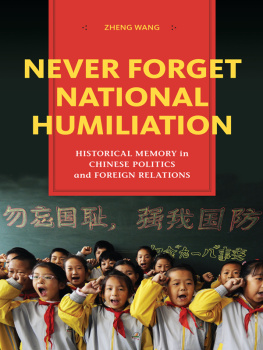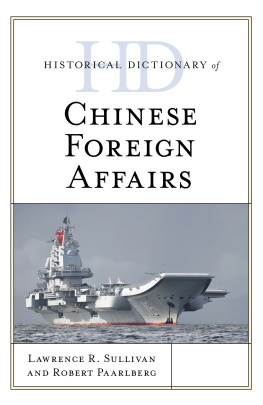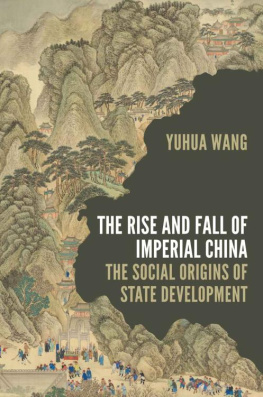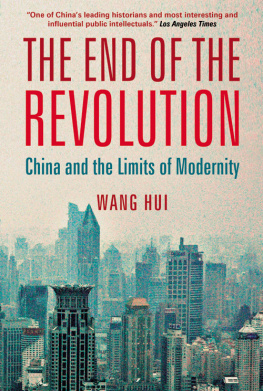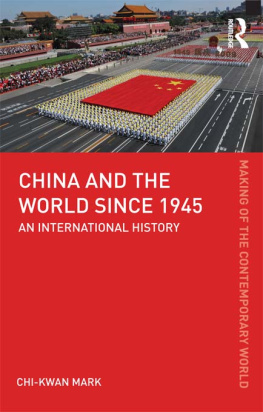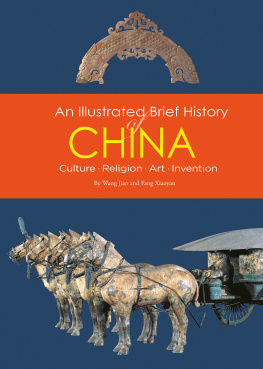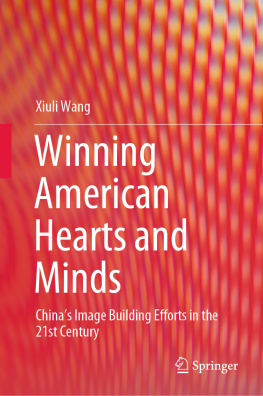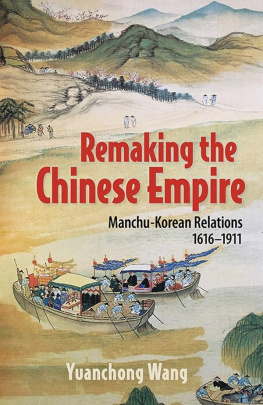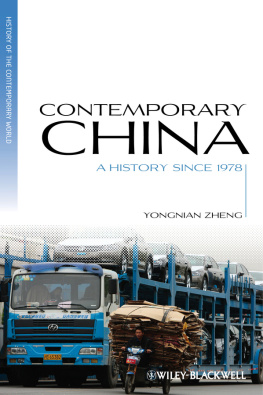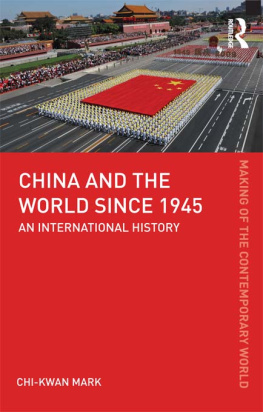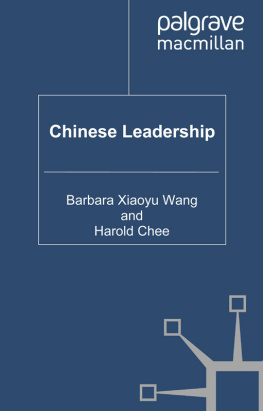Zheng Wang - Never Forget National Humiliation: Historical Memory in Chinese Politics and Foreign Relations
Here you can read online Zheng Wang - Never Forget National Humiliation: Historical Memory in Chinese Politics and Foreign Relations full text of the book (entire story) in english for free. Download pdf and epub, get meaning, cover and reviews about this ebook. year: 2014, publisher: Columbia University Press, genre: Politics. Description of the work, (preface) as well as reviews are available. Best literature library LitArk.com created for fans of good reading and offers a wide selection of genres:
Romance novel
Science fiction
Adventure
Detective
Science
History
Home and family
Prose
Art
Politics
Computer
Non-fiction
Religion
Business
Children
Humor
Choose a favorite category and find really read worthwhile books. Enjoy immersion in the world of imagination, feel the emotions of the characters or learn something new for yourself, make an fascinating discovery.
- Book:Never Forget National Humiliation: Historical Memory in Chinese Politics and Foreign Relations
- Author:
- Publisher:Columbia University Press
- Genre:
- Year:2014
- Rating:5 / 5
- Favourites:Add to favourites
- Your mark:
Never Forget National Humiliation: Historical Memory in Chinese Politics and Foreign Relations: summary, description and annotation
We offer to read an annotation, description, summary or preface (depends on what the author of the book "Never Forget National Humiliation: Historical Memory in Chinese Politics and Foreign Relations" wrote himself). If you haven't found the necessary information about the book — write in the comments, we will try to find it.
Offering an explanation for these unexpected trends, Zheng Wang follows the Communist governments ideological reeducation of the public, which relentlessly portrays China as the victim of foreign imperialist bullying during one hundred years of humiliation. By concentrating on the telling and teaching of history in todays China, Wang illuminates the thinking of the young patriots who will lead this rising power in the twenty-first century.
Wang visits Chinas primary schools and memory sites and reads its history textbooks, arguing that Chinas rise should not be viewed through a single lens, such as economics or military growth, but from a more comprehensive perspective that takes national identity and domestic discourse into account. Since it is the prime raw material for constructing Chinas national identity, historical memory is the key to unlocking the inner mystery of the Chinese. From this vantage point, Wang tracks the CCPs use of history education to glorify the party, reestablish its legitimacy, consolidate national identity, and justify one-party rule in the post-Tiananmen and postCold War era. The institutionalization of this manipulated historical consciousness now directs political discourse and foreign policy, and Wang demonstrates its important role in Chinas rise.
Zheng Wang: author's other books
Who wrote Never Forget National Humiliation: Historical Memory in Chinese Politics and Foreign Relations? Find out the surname, the name of the author of the book and a list of all author's works by series.

